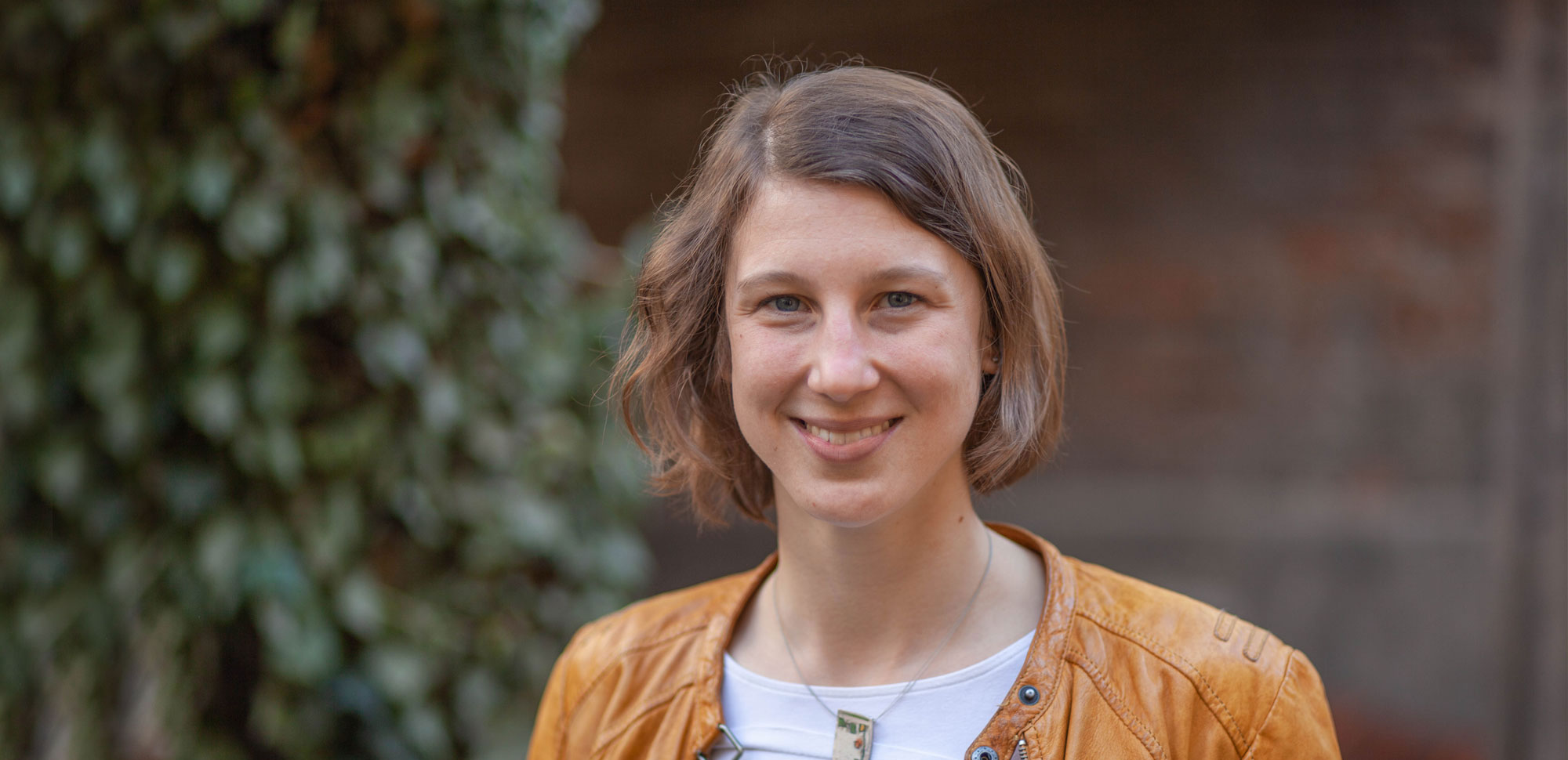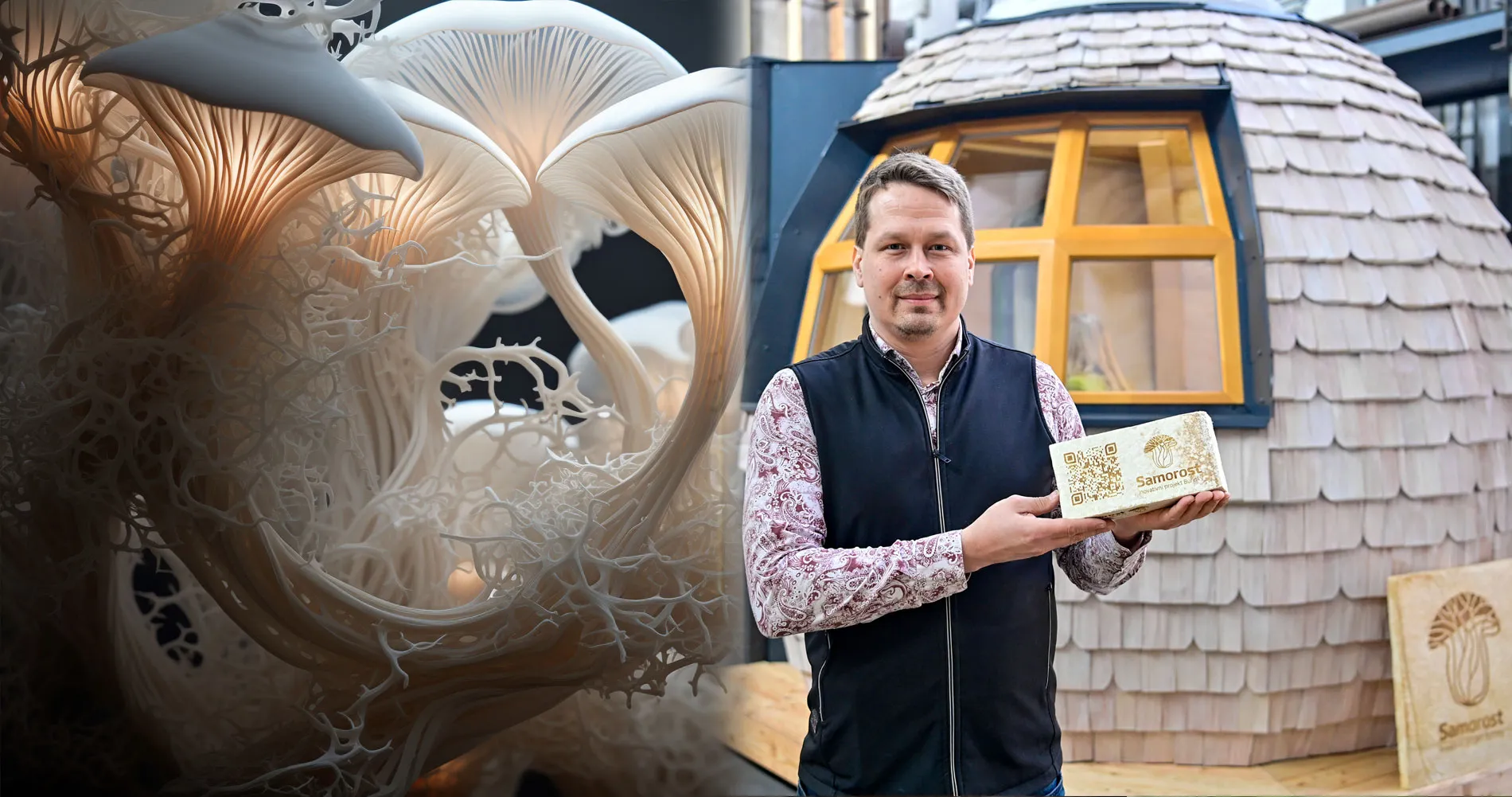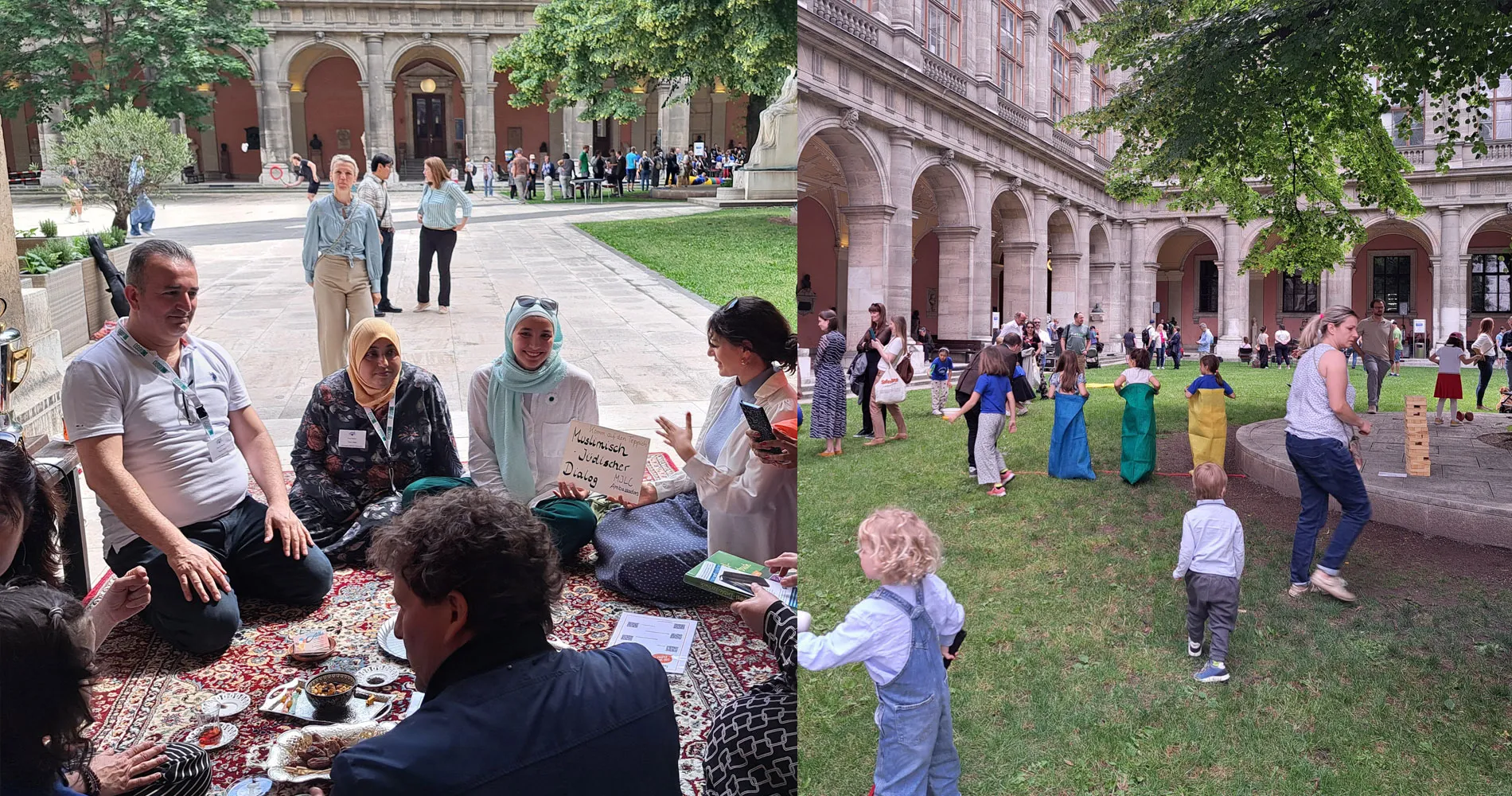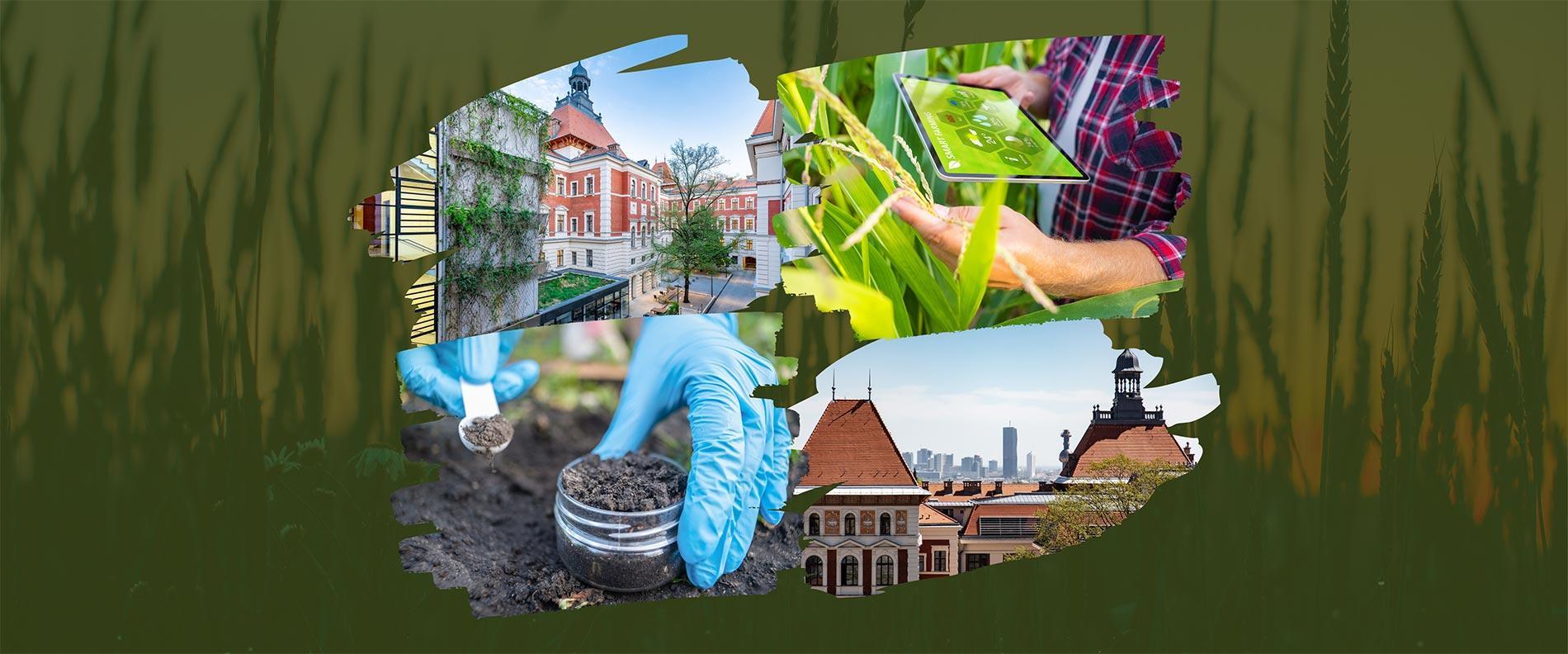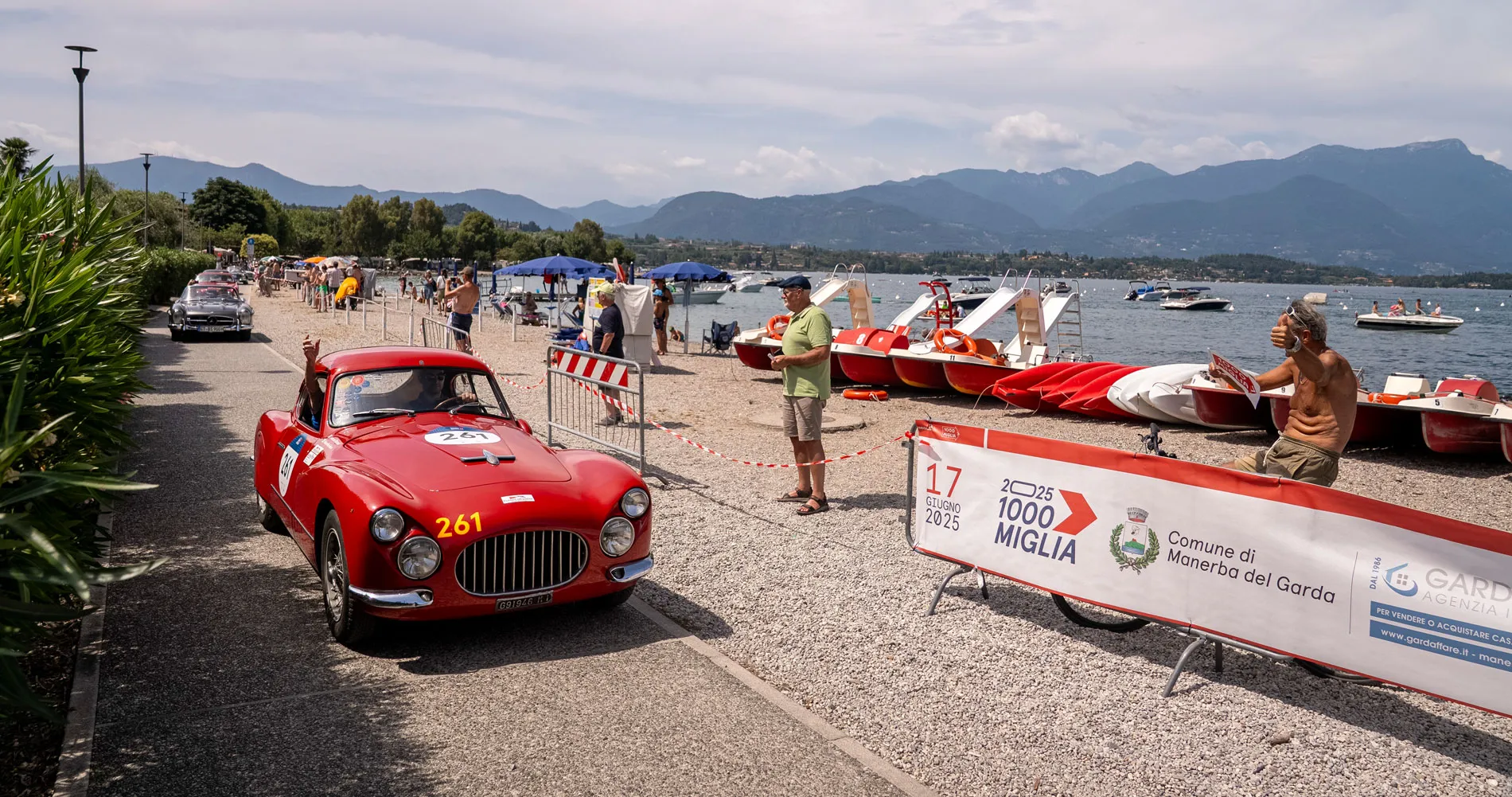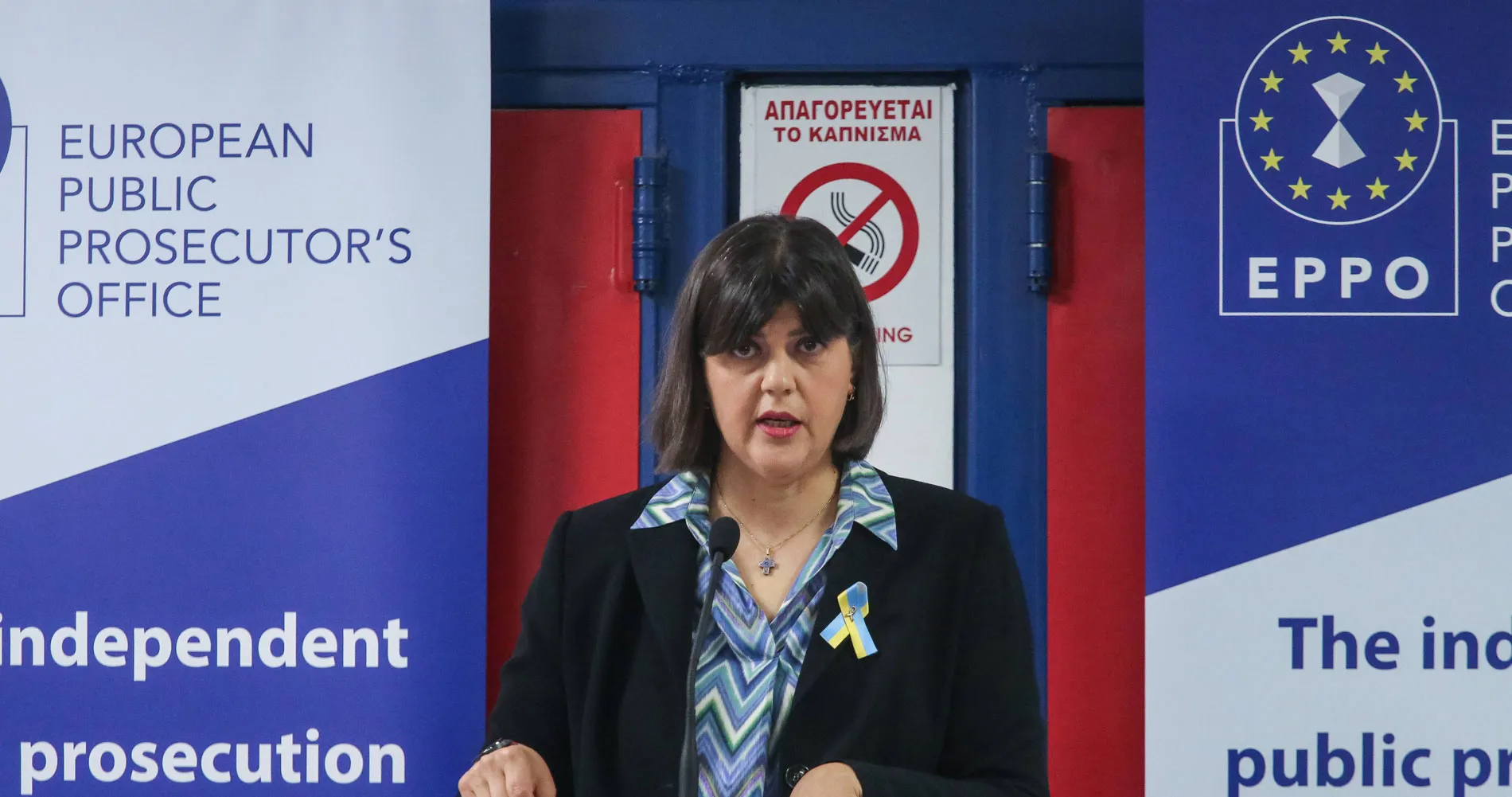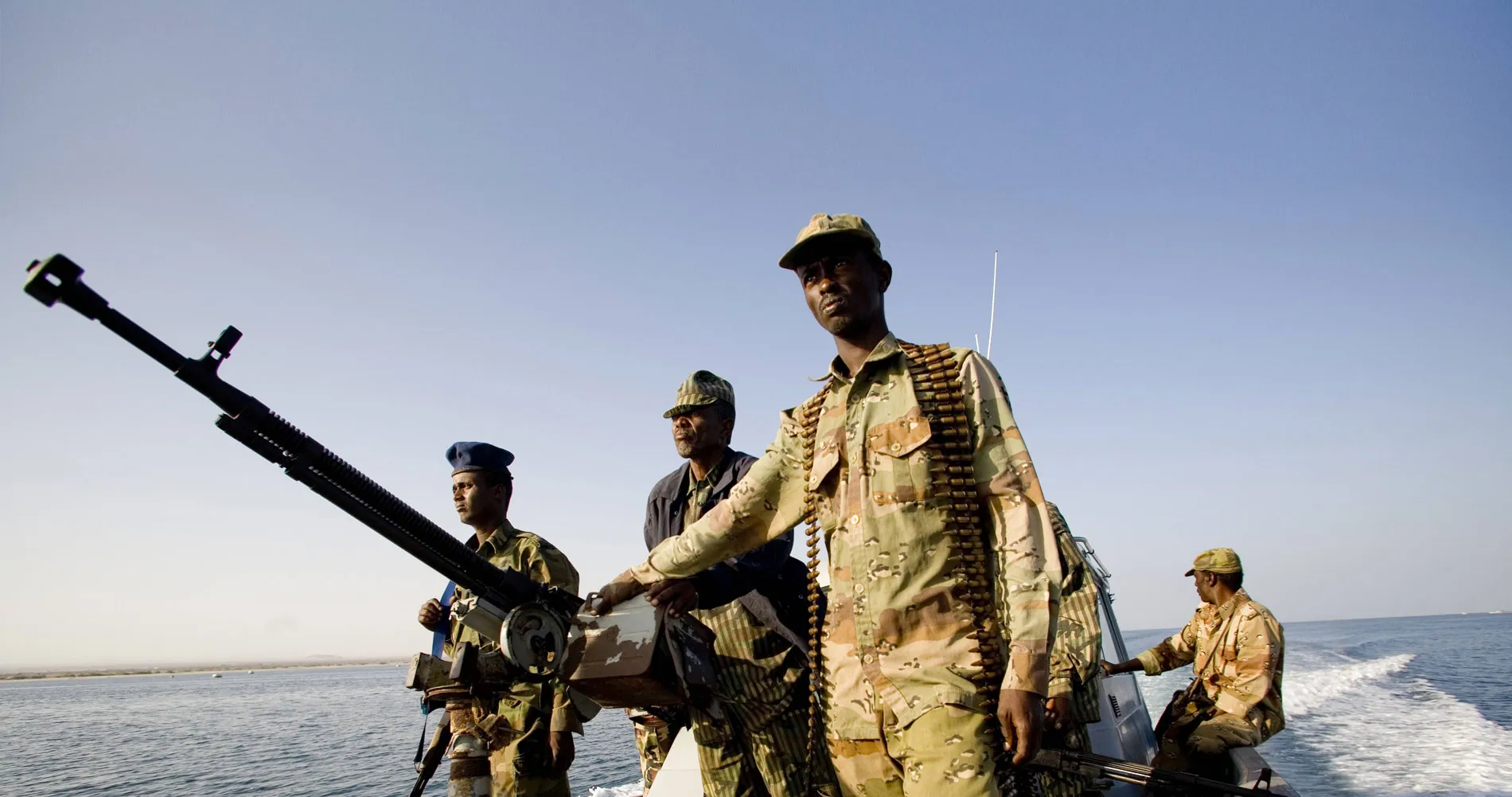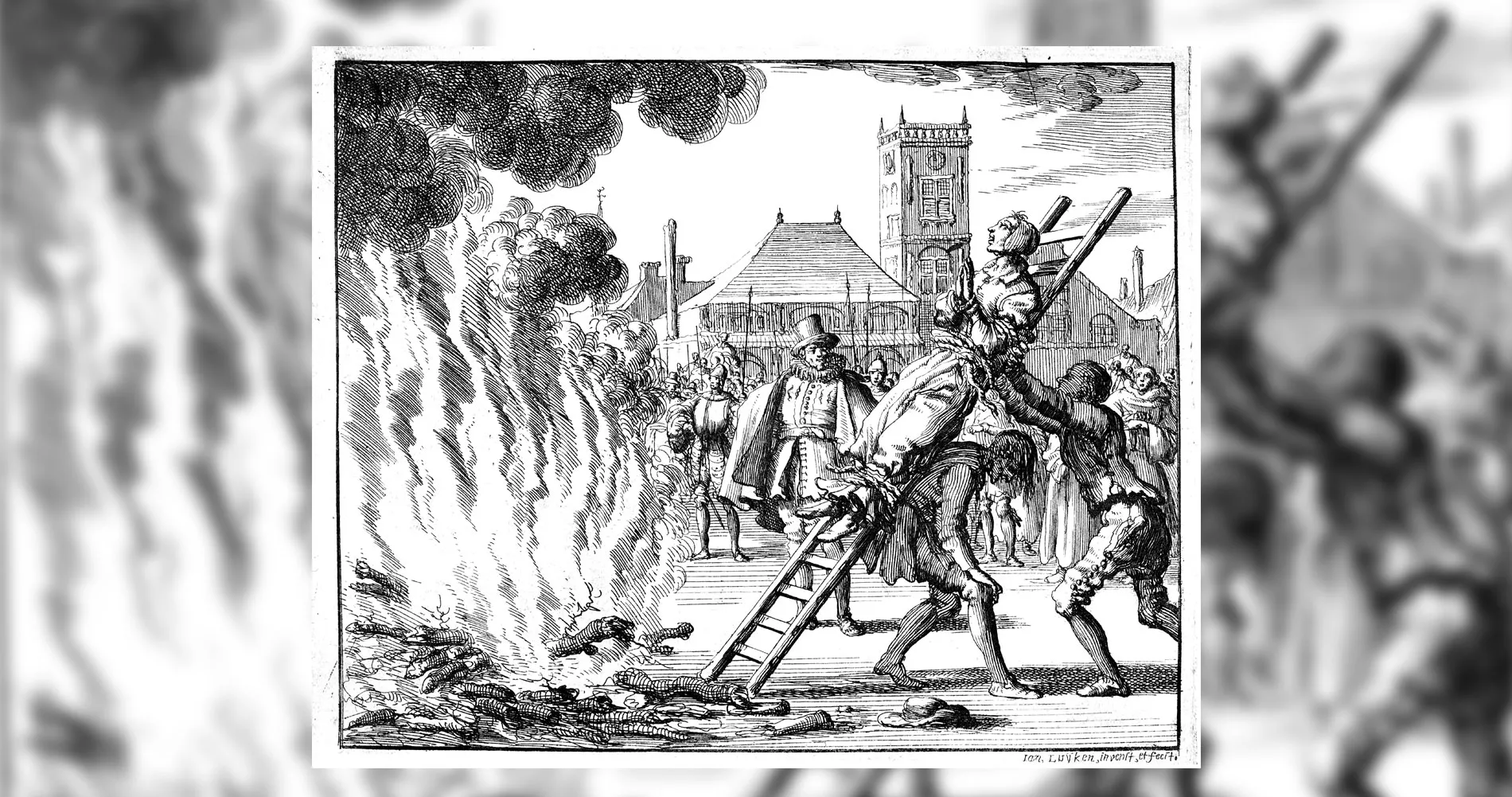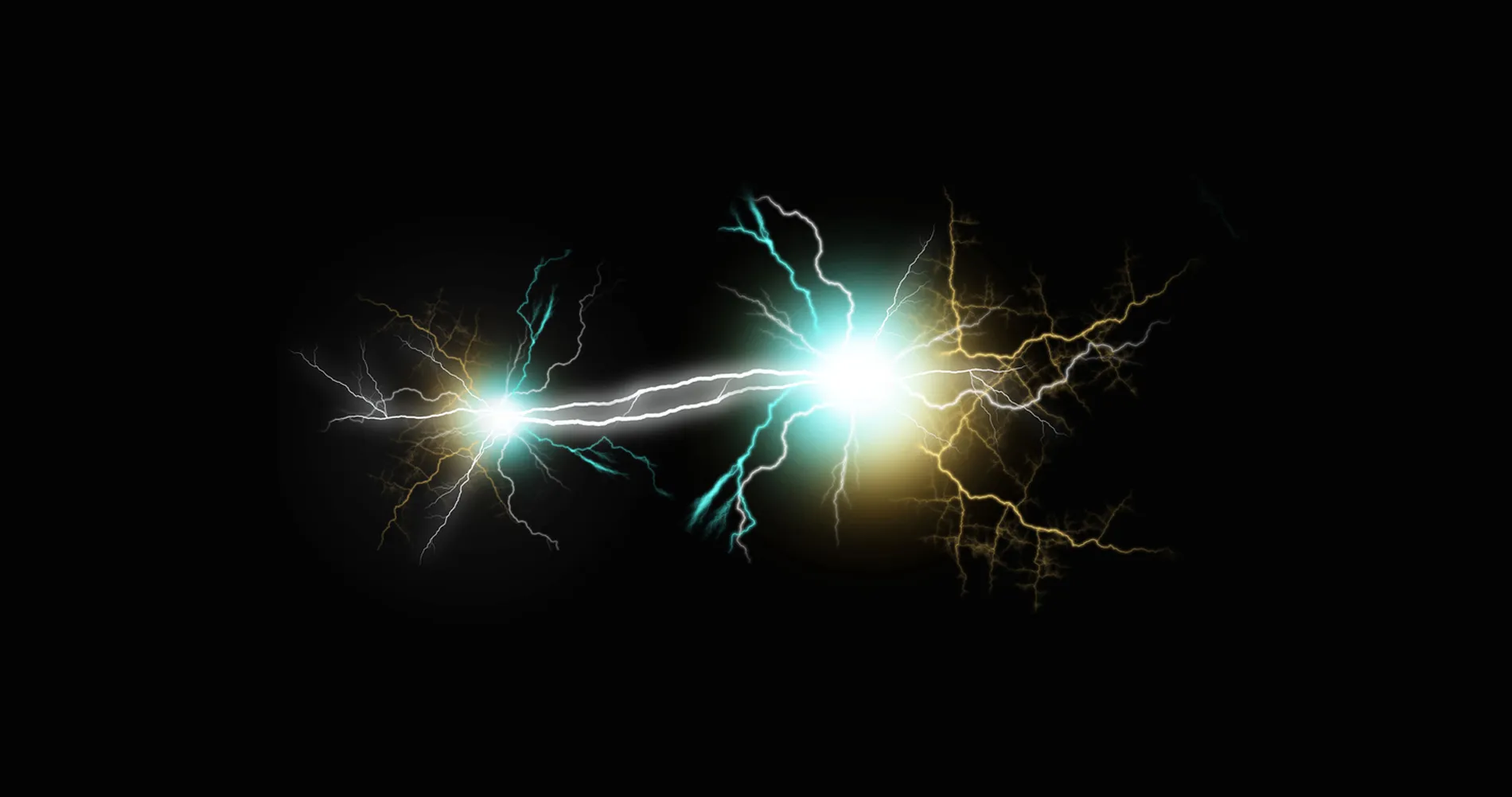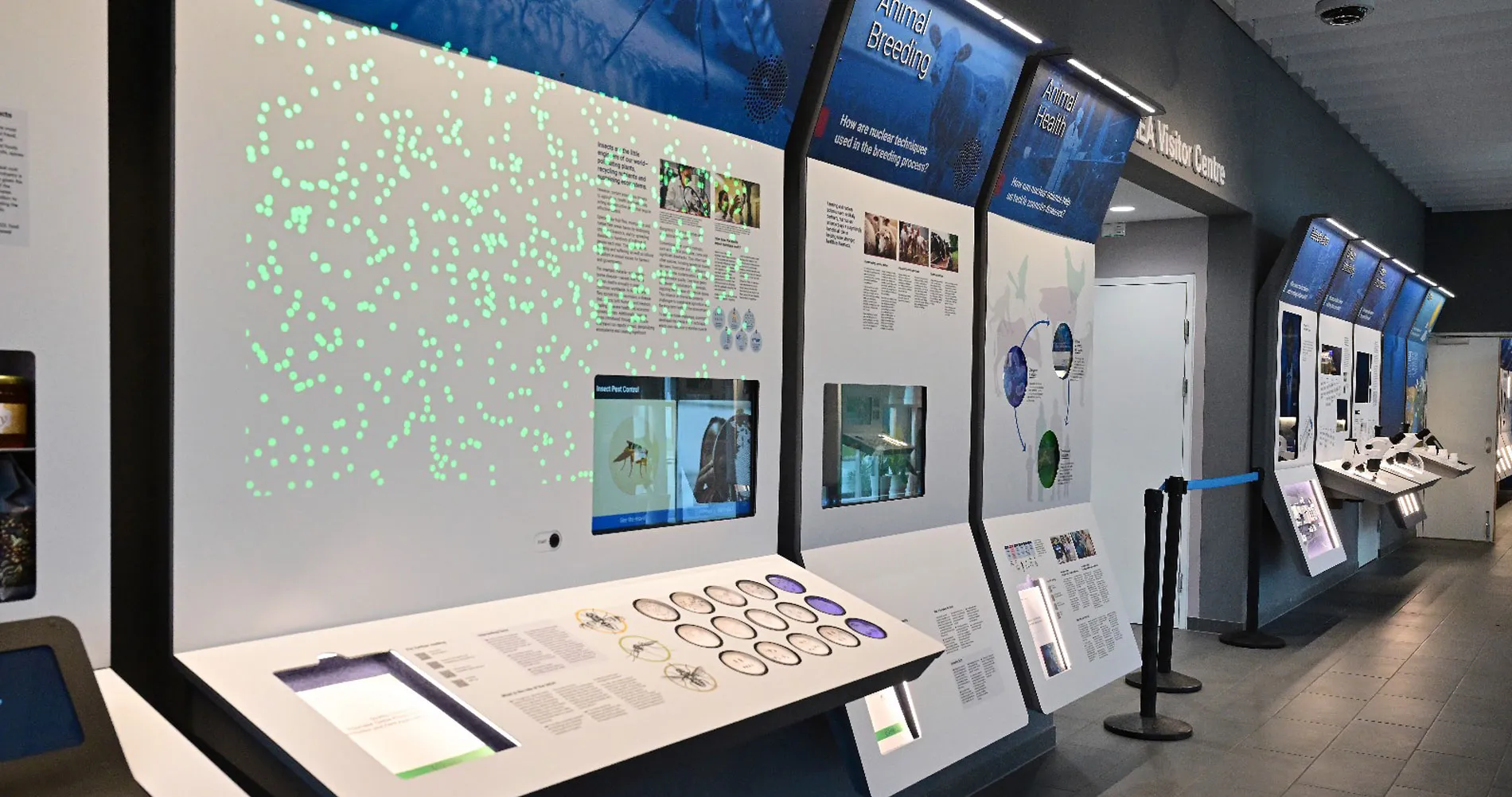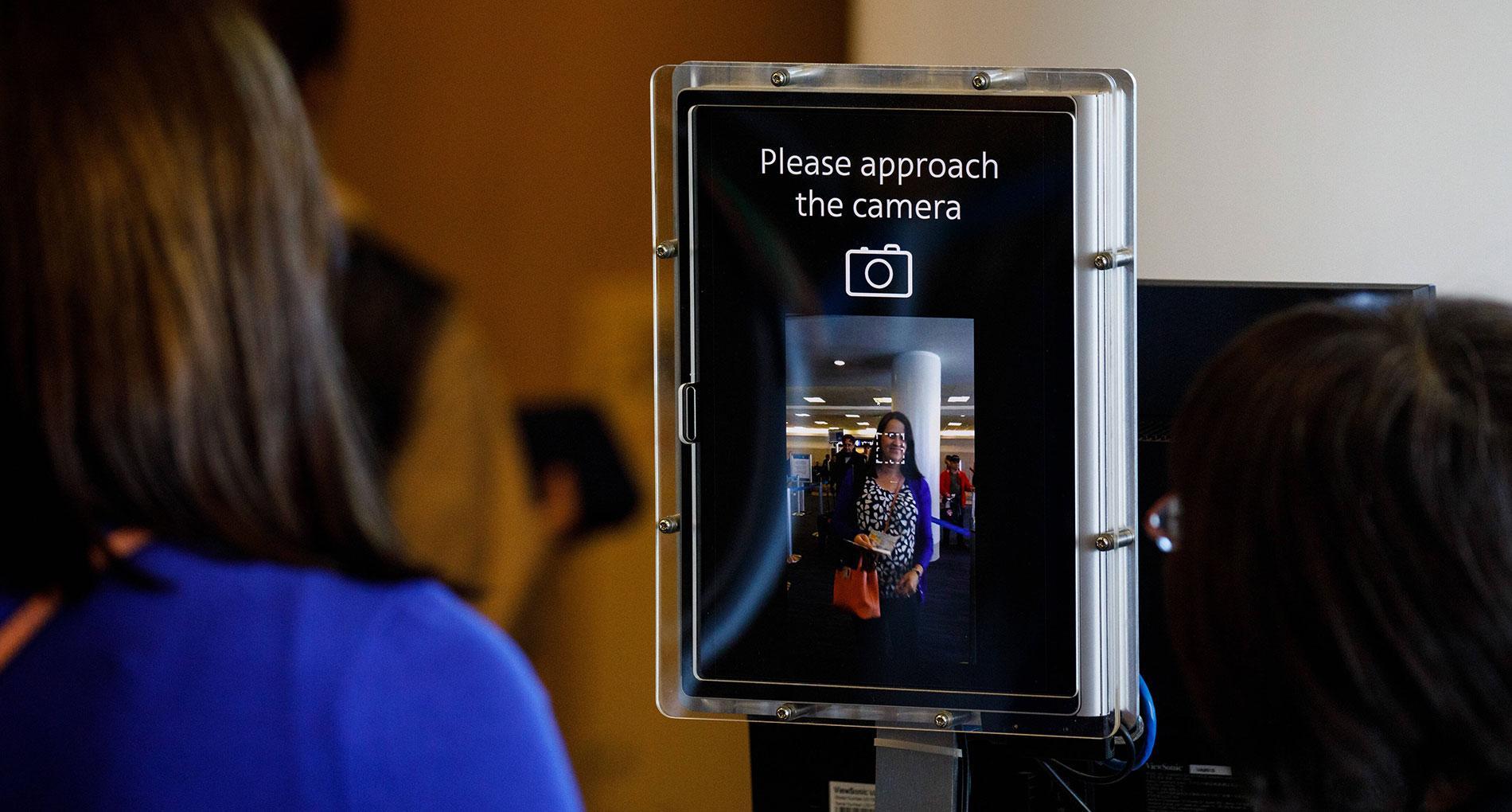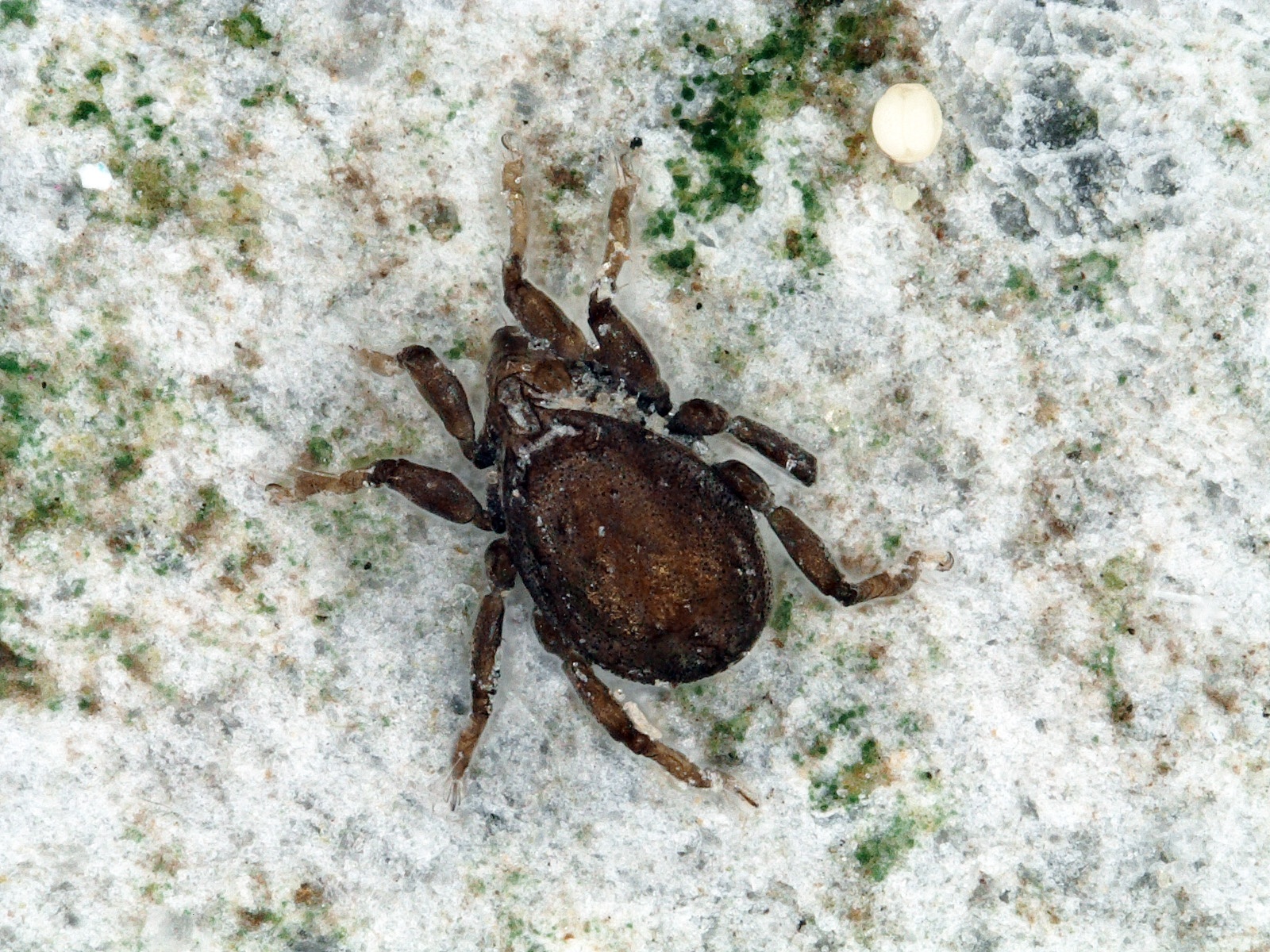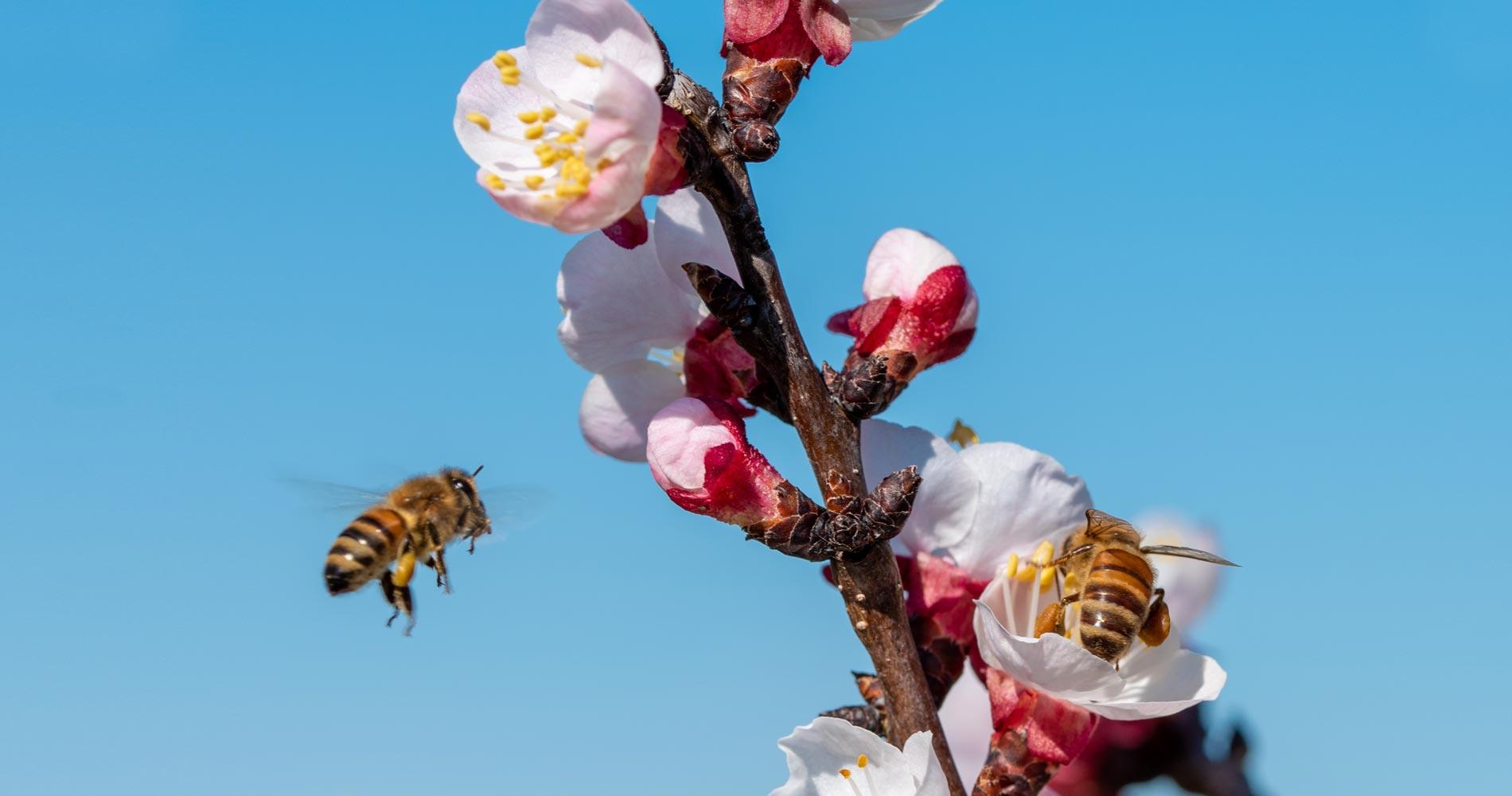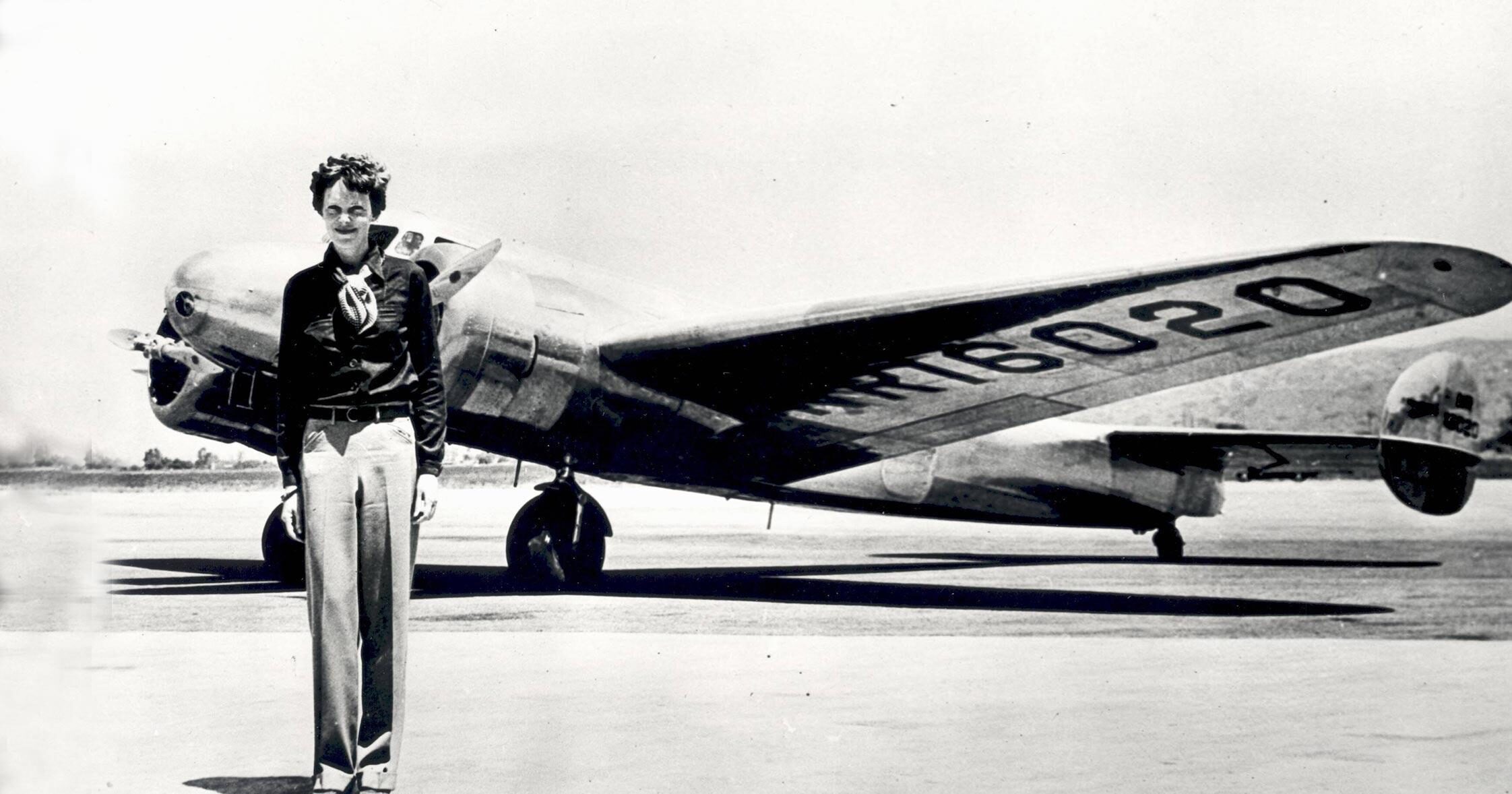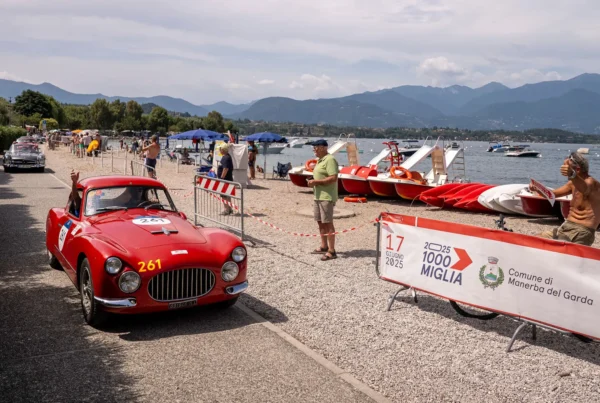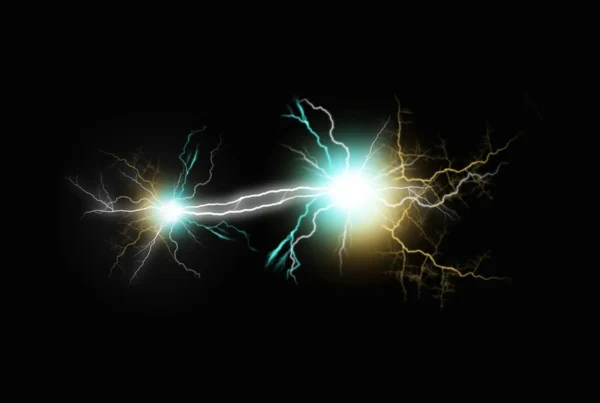CEO and founder of WW Wohnwagon GmbH, Therese Mai, gave iGlobenews an interview. This successful startup has put Austria on the map for self-sustainable living. With its unique elegant design and innovative solutions, WW Wohnwagon has taken living small to a new level.
Diana Mautner Markhof, 30 November 2021
WW Wohnwagon GmbH has become a leader in tiny house design and production for Austria, Germany and Switzerland. The vision and drive of its founder, Theresa Mai, have made her startup successful. Customers are lining up to get these beautiful and functional tiny houses. The tiny houses are priced between EUR 100 000 and EUR 200 000. The first prototype was financed through a successful crowdfunding campaign and the company has not looked back since. With over 130 tiny houses sold, the wait list for getting such a home is long: one year to be exact. Her tiny houses are being used as tiny barber shops, little offices, hotels, mobile restaurants and of course homes.
In the US the tiny house movement is a big deal – from van life to adapting your car, to living in a trailer, to the top-of-the-line custom-made tiny house on wheels. Nowadays, even if one can afford to live in a large house, many choose to downsize. The converted reduce their ecological footprint, gain independence by living off-grid and remain mobile.
In Austria, Germany and Switzerland – the main markets for Wohnwagon – living off-grid is not only more expensive but also legally more complicated than in the US. Tiny houses, like their larger conventional cousins, must conform to building regulations on, i.a., roofs, insulation and other technical specifications. Yet WW Wohnwagon GmbH has found solutions to fit the European market. It was one of the first in Europe to offer individual solutions for living tiny and the only company to offer a unique cycle system of self-sustainable living which provides all energy with zero fixed costs.
When asked how to characterize the typical Wohnwagon home dweller, Ms. Mai states that while most of her customers do not have the necessity to live small, they chose to downsize. It is seen as a luxury and as a statement. Most of her customers celebrate this lifestyle by cherishing what they consider the essential things, including closeness to nature and surrounding themselves with natural materials – no plastics please. Seventy percent of Wohnwagon dwellers live fulltime in their tiny houses. Although the trailers are mobile, they are not meant to be driven from campsite to campsite.
Wohnwagon’s typical clients are younger couples looking for their own living space in line with sustainable living. They are thoughtful about all aspects of their life from what they eat to how they live. Other clients are the ‘empty-nesters’ who now want to live in a manner they choose. She describes the third group of clients as those having the “Tesla-Apple-factor”: these are technology and innovation enthusiasts who constantly check how much energy they have consumed.
The decision to downsize is a trend which has become even more popular during the pandemic lockdowns. At prices like those of a WW Wohnwagon, many might argue that this luxury is indeed a lifestyle choice of the privileged. Tiny houses might be small, but they can be very comfortable, cozy and inviting. From saunas to pianos, the sky is the limit to what fits into these limited spaces. To quote Jean-Jacques Rousseau „Retour à la nature!“ could be a main theme of this ever-growing movement.
A small Austrian startup is becoming a main player in this industry and Ms. Mai, a visionary in her own right, has built a successful company selling little houses for the Austrian ‘prairie’. Her new book, “Wie Wir Leben Könnten” (How We Could Live), discusses solutions for self-sustainable, independent, small living. The movement to live small is likely to grow even bigger in the future.


